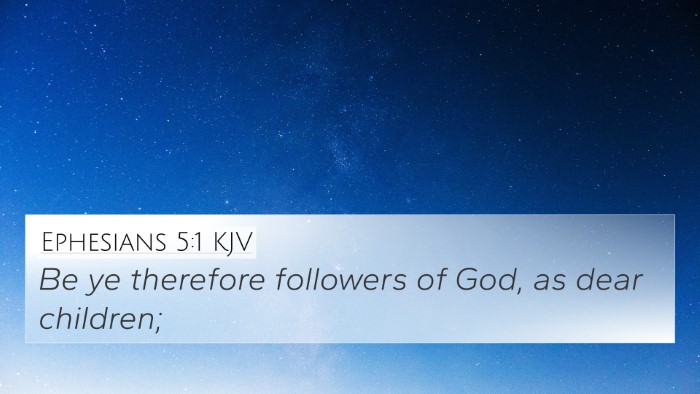Understanding Proverbs 3:3
Proverbs 3:3 states: “Let not mercy and truth forsake thee: bind them about thy neck; write them upon the table of thine heart.” This verse encapsulates profound wisdom regarding the importance of mercy and truth in a believer's life. Here is a summarized interpretation, drawing insights from various public domain commentaries.
Key Themes and Concepts
- Mercy and Truth: The imperative to hold mercy and truth closely reflects a commitment to live out these virtues actively in one’s interactions and relationships.
- Binding and Writing: The metaphor of binding mercy and truth around one's neck signifies visibility, while writing them on the heart denotes internalization and deep emotional attachment.
- Interpersonal Relationships: This verse underscores that mercy (the capacity to forgive and show kindness) and truth (honesty and integrity) are foundational for healthy and godly relationships.
Commentary Insights
Matthew Henry emphasizes that mercy and truth should be the guiding principles for one's conduct, suggesting that without these qualities, one’s character becomes flawed. He interprets the binding and writing as a call to make these virtues a part of one's identity.
Albert Barnes notes the importance of “binding” and “writing” as a means of continual remembrance. He explains that these actions suggest a deliberate and proactive approach to living out one’s faith, where mercy and truth should be as visible as ornaments and as permanent as engravings.
Adam Clarke elaborates on the idea that these virtues of mercy and truth lead to a functional faith that reassures both oneself and others of one’s commitment to godly principles. Clarke also suggests that this verse serves as a roadmap for navigating moral and ethical dilemmas.
Related Bible Cross References
Proverbs 3:3 correlates with several other scriptures that reinforce its message:
- Proverbs 14:22: “Do they not go astray that devise evil? But mercy and truth shall be to them that devise good.”
- John 1:17: “For the law was given by Moses, but grace and truth came by Jesus Christ.”
- Micah 6:8: “He hath shown thee, O man, what is good; and what doth the Lord require of thee, but to do justly, and to love mercy, and to walk humbly with thy God?”
- James 2:13: “For he shall have judgment without mercy, that hath showed no mercy; and mercy rejoiceth against judgment.”
- Psalm 51:6: “Behold, thou desirest truth in the inward parts: and in the hidden part thou shalt make me to know wisdom.”
- Luke 6:36: “Be ye therefore merciful, as your Father also is merciful.”
- Galatians 5:22-23: “But the fruit of the Spirit is love, joy, peace, longsuffering, gentleness, goodness, faith, Meekness, temperance: against such there is no law.”
Connections Between Bible Verses
The interconnections between these verses highlight a continuous theme throughout Scripture concerning the necessity of embodying mercy and truth. They create a tapestry of divine guidance that directs believers toward righteous living.
Bible Verse Parallels
The parallels draw significant attention to how the characteristics of God—reflective of mercy and truth—are also expected in the lives of His followers. By cross-referencing these verses, believers engage in a deeper theological understanding that can inform their actions.
Conclusion
In seeking to understand Proverbs 3:3, one discovers a call to integrate mercy and truth into both the public and private aspects of life. Reflecting on related scriptures not only reinforces this principle but also anchors it in the broader narrative of the Bible.
As a practical guide, believers can employ tools for Bible cross-referencing or utilize a Bible concordance to explore these themes in greater detail, discovering connections that enrich their spiritual journey.
Practical Application
To embody the teachings of Proverbs 3:3, consider the following applications:
- Engage in acts of kindness and forgiveness regularly, demonstrating mercy.
- Practice honesty in both private and public dealings, ensuring truthfulness.
- Reflect on how mercy and truth can guide decision-making in challenging situations.
- Utilize Bible cross-reference tools to find verses that complement and reinforce this understanding.






















